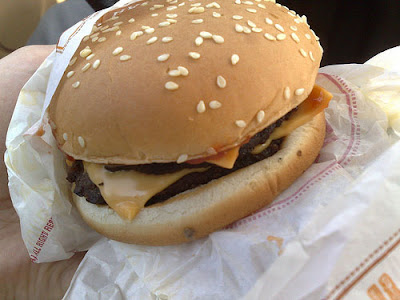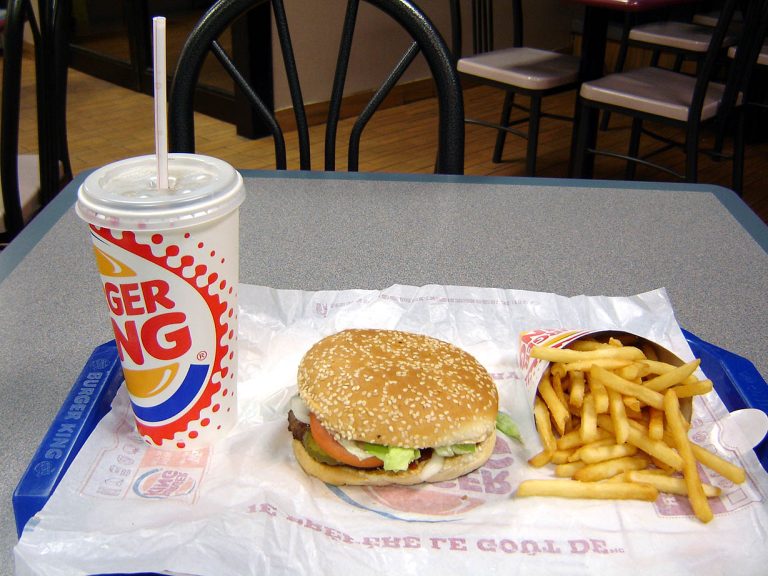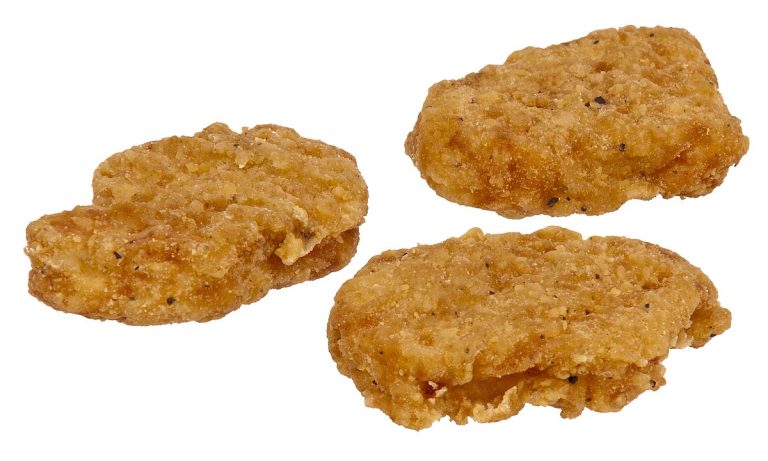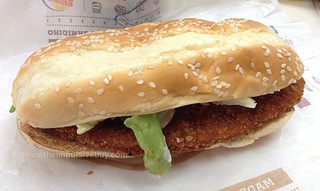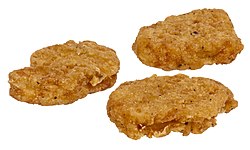Burger King Cheeseburger Calories: Detailed Guide & Facts
Are you curious about the caloric content of a Burger King cheeseburger? This fast-food favorite, known for its savory taste and satisfying texture, is a popular choice for many. But how many calories does it contain, and how does it fit into a balanced diet? Whether you’re a calorie counter or just a curious foodie,…
Are you curious about the caloric content of a Burger King cheeseburger? This fast-food favorite, known for its savory taste and satisfying texture, is a popular choice for many. But how many calories does it contain, and how does it fit into a balanced diet? Whether you’re a calorie counter or just a curious foodie, understanding the nutrition behind this iconic burger is essential. Dive in to learn more about its calories, nutrients, and how it can be a part of mindful eating. Wonder no more as we unveil the nutritional profile of the Burger King cheeseburger.

Nutrition Facts
Serving Size: 1 cheeseburger (122g)
Calories
300
Total Fat
13.00 g
20%
Saturated Fat
6.0 g
30%
Trans Fat
1.0 g
0%
Cholesterol
40 mg
13%
Sodium
560 mg
23%
Total Carbohydrate
30.0 g
10%
Dietary Fiber
1.0 g
4%
Total Sugars
7.0 g
%DV not established
Protein
15.0 g
30%
Vitamin D
1 mcg
5%
Calcium
150 mg
12%
Iron
2 mg
11%
Potassium
300 mg
6%
* The % Daily Value (DV) tells you how much a nutrient in a serving of food contributes to a daily diet. 2,000 calories a day is used for general nutrition advice.
Nutrient Distribution
Calorie Burn Time
How long would it take to burn off total calories from 100g of Burger King cheeseburger?
Walking 28 minutes
Jogging 16 minutes
Biking 21 minutes
Swimming 14 minutes
FAQs
What is the main source of calories in a Burger King cheeseburger?
The main source of calories comes from the beef patty and the cheese, which are rich in fats and proteins.
How does the sodium content in a cheeseburger affect health?
The sodium content can increase blood pressure if over-consumed, so it’s important to balance it with low-sodium foods throughout the day.
Can a Burger King cheeseburger fit into a low-carb diet?
While the bun contributes to the carbohydrate content, removing the bun can aid in fitting this meal into a low-carb diet.
Is the Burger King cheeseburger high in protein?
Yes, with 15 grams of protein, it provides a significant portion towards daily protein needs, supporting muscle repair and growth.
Does the cheese add significant calcium to the cheeseburger?
Yes, the cheese contributes 12% of the daily value of calcium, beneficial for bone health.
What is the sugar content in a Burger King cheeseburger?
The cheeseburger contains 7 grams of sugar, which is mostly from the ketchup and bun.
Is there a vegetarian alternative to the Burger King cheeseburger?
Burger King offers the Impossible Whopper for those seeking a plant-based alternative with similar taste and texture.
How does this cheeseburger compare in calories to a Whopper?
A Whopper typically contains more calories due to its larger size and additional toppings compared to a cheeseburger.
Conclusion
The Burger King cheeseburger, while calorie dense, provides essential nutrients like protein and calcium, making it a viable option for those looking to meet daily nutritional needs. When consumed in moderation, this popular burger can fit within a balanced diet. Complementing it with exercise due to its calorie content ensures a healthy lifestyle. While being a delightful treat occasionally, maintaining portion control and balancing with nutrient-dense foods is key for overall well-being.


